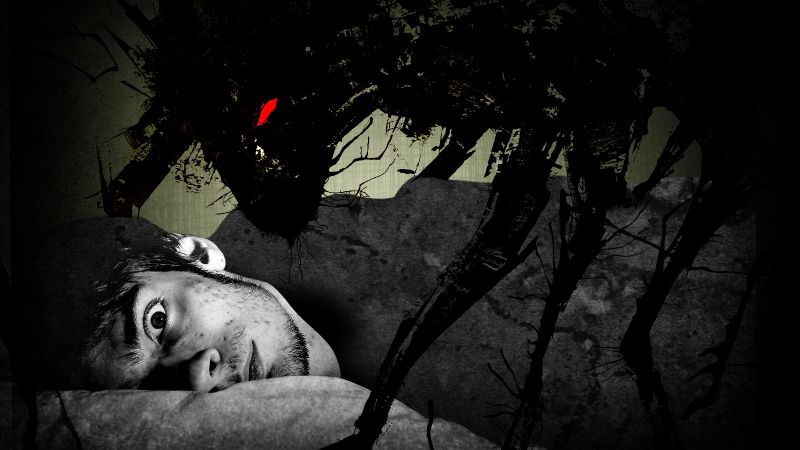Sleep Paralysis: Unveiling the Nighttime Enigma
Sleep paralysis is a peculiarly disconcerting phenomenon that blurs the line between sleep and wakefulness. For those who experience it, the sensation can range from being mildly unsettling to deeply terrifying, often creating the illusion of a malevolent presence or "demon" in the room. Understanding this sleep disorder can offer comfort and practical solutions to improve sleep quality.

What is Sleep Paralysis?
Scientifically, sleep paralysis occurs when the brain awakens from a Rapid Eye Movement (REM) state, but muscle atonia—the natural paralysis that prevents us from acting out dreams—persists. This leaves the individual conscious but unable to move or speak. Episodes can last from a few seconds to several minutes.
The Hallucinations: Fact or Fiction?
During sleep paralysis, vivid hallucinations often enhance the feeling of fear. The "demon" or other perceived entities are common hallucinations driven by cultural and individual psychological factors. As neuroscientist Baland Jalal notes, these apparitions are manifestations of the mind's transition state.
"Knowledge and familiarity are your best allies against sleep paralysis. Understanding the science can fundamentally change a frightening experience into one of curiosity and control." — Dr. Brian Sharpless
Why Do Some People Experience Sleep Paralysis?
Several factors contribute to sleep paralysis:
- Irregular sleep schedules and insufficient rest
- High levels of stress or trauma
- Sleep disorders like narcolepsy
- Sleeping on your back
Managing Sleep Paralysis
There are strategies to mitigate sleep paralysis episodes:
- Maintain a consistent sleep schedule
- Reduce stress through mindfulness or meditation
- Adjust sleep positions
- Consider seeking professional advice for chronic cases
Resources for Better Sleep
Improving your overall sleep hygiene is crucial. You might find this comprehensive guide on sleep improvement helpful. Furthermore, subscribing to newsletters like CNN's Sleep, But Better can provide tips and updates on the latest sleep research.

